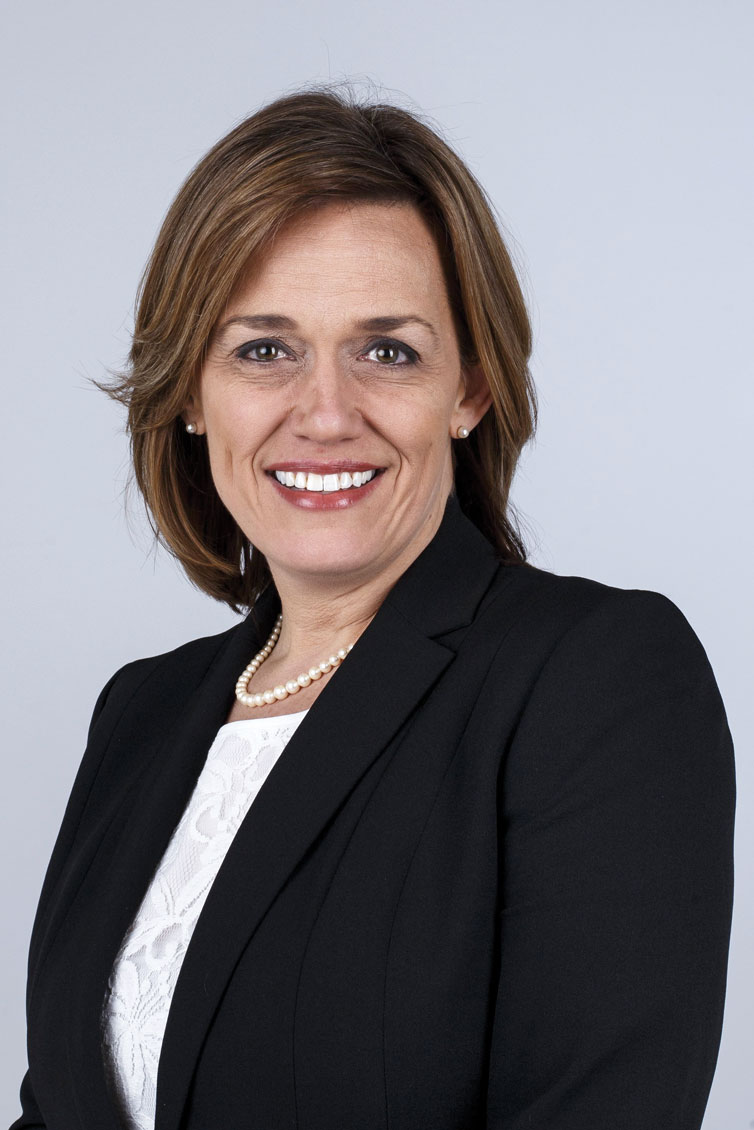The saying goes: "good fortune favors the prepared mind."
When it comes to death and the dying process, being prepared is paramount. While the death of loved ones is never easy, having a solid estate plan can help families make the transition.
Mollie Corn, a local attorney, is an an expert in wills and trusts. Mollie is a Chattanooga native (Hixson High School 1988), a Tennessee Volunteer (1993) and has been practicing law for 23 years after graduating from Capital University Law School in 1996.
Here are some tips and suggestions from a professional on making sure you are prepared for .
Q: What's the biggest mistake most people make when it comes to a will, be it for them or a family member?
A: Aside from not having one, the biggest mistake people make is assuming that a will is the only document that you need in an estate plan. Yes, an effective will is necessary to ensure that your assets pass to those people that you have chosen. And, without a will, state law will determine to whom your property passes, and it may not be who you would have chosen. But in addition to a will, it is very important to have advanced directives as a part of your estate plan. These documents include a living will, a durable health care power of attorney and a general (financial) power of attorney. In the unfortunate circumstance that you are incapacitated, these documents allow agents that you appoint to make medical and financial decisions on your behalf, hopefully until you regain the ability to do so. These documents must be prepared in advance of the incapacity. Once a person is incapacitated (disabled in the legal sense) it is too late to do any advanced planning, and a court procedure called a conservatorship may be necessary, which is much more costly.
Q: How young is too young before you thing about a will or financial planning?
A: Once you are employed and begin to accumulate wealth, it is time to start thinking about an estate plan. Once children enter the picture, it becomes paramount. An estate plan will give parents the opportunity to choose guardians for minor children in the event both parents pass away. An estate plan will allow the parent to dictate how, when and under what circumstances the children are distributed the wealth. For instance: "Sam gets 1/3 at age 25, 1/3 at age 30 and the balance at age 35." You can be creative here, giving the Trustee broad authority to pay for educational expenses, which you may define as culinary school or art school. You can decide if you want to give to your child for the purchase of a house, or the investment of a business.
Q: What is the best question someone can ask to an estate planning attorney?
A: Ask for a written statement outlining the scope of representation. For instance, if establishing a living trust, make sure there is a clear understanding of who is responsible for funding the trust, i.e., retitling the assets into the trust. Generally, the legal fees to establish a trust will not include those services by the attorney. And if assets are never retitled into the trust, then the trust document does not control how the assets are distributed upon your death. Unfortunately, this situation happens all the time and the investment in the estate plan was for naught.
Q: How would you tell people to approach their parents or partners about this important topic that no one really wants to discuss?
A: It's a difficult subject to approach, without a doubt. No one really wants to sit down and think about death, and even worse, what to do with the kids if both parents die. When dealing with our parents, however, it's a little easier as they are generally more realistic about the inevitability of death, and typically more receptive to planning. Planning ahead can be a money saver, and that is usually a good selling point. For instance, making sure the bank account has a designated co-owner (or beneficiary) will avoid probate, which is a money saver. A parent may appreciate the opportunity to pre-arrange his or her funeral because they feel strongly about cremation over traditional burial, for instance. The same approach may work for our partners, as well. Oftentimes, it is more important at an earlier age, because we need to plan for our minor children.
Q: Finally, what would be you quick top-five check list of things to make sure of when it comes to estate planning?
1.) Make sure you understand your overall goals in making your estate plan and effectively communicate that to your attorney.
2.) Think outside the box. Estate planning, trusts in particular, allow you to be creative. No matter how ridiculous you think something sounds, if you feel strongly about it, tell your attorney. Most of the time it can be done.
3.) When selecting guardians for minor children, or trustees, or health care agents, don't limit yourself to family. Sometimes close friends are more in line with your philosophy on raising kids, for example, or are more fiscally responsible.
4.) Keep your original documents in a safe place and make sure someone knows the location. Give copies of powers of attorney to the people you selected. Give copies of your living will and health care power of attorney to your doctor.
5.) Make a comprehensive list of all of your assets and their locations and keep it with your estate plan. Include bank account numbers and policy numbers. Don't forget to include user names and passwords for on-line accounts. Request that your attorney include in your plan the appointment of a digital executor. Not only can the digital executor unravel online bank accounts, but he or she will have access to your "digital assets," which believe it or not, include access to online social media accounts.

